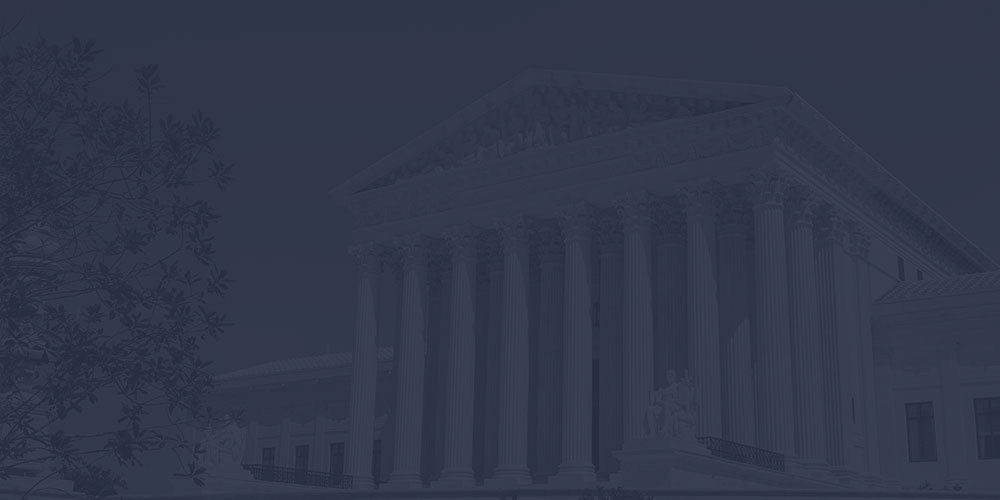The Missouri Senate recently passed Senate Bill 51 (“SB 51”). SB 51 combines another bill, Senate Bill 42, which contained similar COVID-19 liability language. SB 51 establishes provisions relating to civil actions arising from COVID-19 exposure and creates liability protections for certain individuals and entities such as healthcare providers, schools, churches, and manufacturers/distributors involved in shipping and/or handling COVID-19 related products. Most recently, a committee in the Missouri House of Representatives voted in favor of SB 51 clearing another hurdle on its way to passage.
SB 51 seeks to add several new statutory sections to the Missouri Revised Statutes under Chapter 537 and covers three types of actions: COVID-19 exposure actions, COVID-19 medical liability actions, and COVID-19 products liability actions. The statute of limitations for each action ranges from one to two years. SB 51 also includes a section on punitive damages.
COVID-19 Exposure Action
To establish a COVID-19 exposure action, a plaintiff would be required to establish two elements by clear and convincing evidence: (1) The individual or entity engaged in recklessness or willful misconduct that caused an actual exposure to COVID-19; and (2) The actual exposure caused personal injury to the plaintiff.
Additionally, no religious organization would be held liable in any COVID-19 exposure action, unless the plaintiff could prove intentional misconduct.
Most importantly, there would be a rebuttable presumption of an assumption of risk by a plaintiff in an exposure action when the individual or entity posts and maintains signs in a clearly visible location at the entrance of the premises or provides written notice. Religious organizations would not be required to post or maintain such signs or provide written notice.
Also, any adoption or change to a policy, practice, or procedure by an individual to address or mitigate the spread of COVID-19 after the exposure, would not be considered evidence of liability or culpability. No individual or entity would be required to establish a written or published policy addressing the spread of COVID-19, including any policy requiring or mandating vaccination or proof of vaccination.
No individual or entity would be held liable for the acts or omissions of a third party unless the individual or entity had an obligation under general common law principles, or the third party was an agent of the individual or entity.
This type of action would include a two-year statute of limitations starting after the date of the actual, alleged, feared, or potential exposure to COVID-19.
COVID-19 Medical Liability Action
A COVID-19 medical liability action would require a plaintiff to prove recklessness or willful misconduct by a health care provider and that the personal injury was caused by such recklessness or willful misconduct. An elective procedure being delayed for good cause would not be considered recklessness or willful misconduct.
This type of action would include a one-year statute of limitations starting after the date of the discovery of the alleged harm, damage, breach, or tort unless tolled for proof of fraud, intentional concealment, or the presence of a foreign body that has no therapeutic or diagnostic purpose or effect.
COVID-19 Products Liability Action
A COVID-19 products liability action would require a plaintiff to prove by clear and convincing evidence, recklessness or willful misconduct by the individual or entity and that such recklessness or misconduct caused the personal injury.
This section also provides three circumstances when an individual or entity who designs, manufactures, imports, distributes, labels, packages, leases, sells, or donates a covered product, would not be held liable in a COVID-19 products liability action. This section would not apply to any fraud in connection with the advertisement of a covered product. This section would apply to any claim for damages that has a causal relationship with the administration to or use by an individual of a covered product. Additionally, this section would only apply to covered products administered or used for the treatment of or protection against COVID-19 regardless of whether the product was obtained by donation, commercial sale, or any other means of distribution by federal, state, or local officials or by the private sector.
This type of action would include a two-year statute of limitations starting after the date of the alleged harm, damage, breach, or tort unless tolled for proof of fraud or intentional concealment.
Punitive Damages in COVID-19 Related Actions
Punitive damages would be allowed in COVID-19 related actions, but the damages awarded could not exceed an amount in excess of nine times the amount of compensatory damages.
SB 51 originally included an emergency clause that would have allowed the legislation to go into effect immediately, but it did not garner enough votes to move to the House. Consequently, if SB 51 makes it through the House and is signed by Governor Parson, it will go into effect on August 28, 2021.
Article by GOT Attorney, Hayley Hughes



